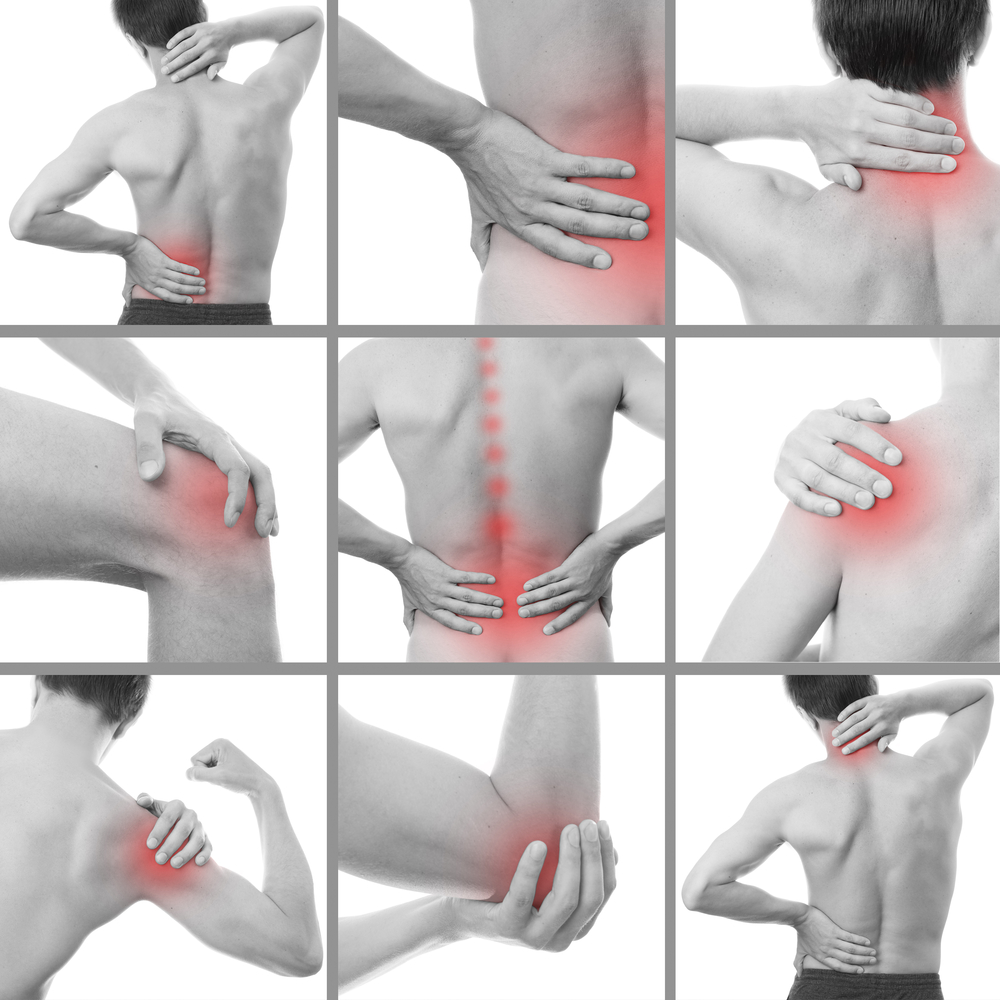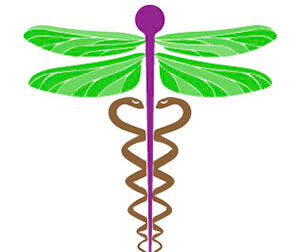
BPC - 157
BPC 157 is a peptide chain composed of 15 amino acids, it is a partial sequence of body protection compound (BPC) that is discovered in and isolated from human gastric juice found in the stomach.
Numerous research has demonstrated that it accelerates the healing of many different wounds, including tendon-to-bone healing, and superior healing of damaged ligaments. Further research suggest systematic healing of intestinal damage such as fistulas, inflammatory disorders, gastro-intestinal cramps, Crohn’s disease and leaky gut.
BPC-157 is surprisingly free of side effects, and has been shown in research that’s been happening since 1991 to repair tendon, muscle, intestines, teeth, bone and more, both in in-vitro laboratory “test-tube” studies, in in-vivo human and rodent studies, and when used orally or inject subcutaneously (under your skin) or intramuscularly (into your muscle).
BPC has been shown to:
- Promote tendon and ligament healing by tendon outgrowth, cell survival, and cell migration in a rodent model of Achilles tendon rupture, and also when administered in drinking water to rats with damaged medial collateral ligaments
- Tendon-to-bone healing effective enough that they may actually “successfully exchange the present reconstructive surgical methods”
- Counter the damaging effects of NSAIDs like ibuprofen or advil on the gut lining so effectively that scientists termed BPC-157 “a NSAIDs antidote” one of which they say that “no other single agent has portrayed a similar array of effects“
- Repair the damage from inflammatory bowel disease (IBD) within just days of oral administration in a rodent model of IBD
- Help cure periodontitis when administered in a rodent model of periodontitis, significantly enough to have scientists conclude that “BPC 157 may represent a new peptide candidate in the treatment of periodontal disease“
- Reverse systemic corticosteroid-impaired muscle healing, in rodent models where BPC-157 was administered orally once daily for 14 days to rats with crushed gastrocnemius muscle. Similar benefits were demonstrated in a rodent study by Novinscak et al.
- Accelerate bone healing in rabbits who suffered segmental bone defect before being treated with BPC-157 .
It is also known as a “stable gastric pentadecapeptide” primarily because it is stable in human gastric juice, can cause an anabolic healing effect in both the upper and lower GI tract, has an antiulcer effect, and produces a therapeutic effect on inflammatory bowel disease (IBD)—all again surprisingly free of side effects.
As demonstrated in the research studies cited above, BPC also accelerates wound healing, and—via interaction with the Nitric Oxide (NO) system—causes protection of endothelial tissue and an “angiogenic” (blood vessel building) wound-healing effect. This occurs even in severely impaired conditions, such as in advanced and poorly controlled irritable bowel disease, in which it stimulates expression of genes responsible for cytokine and growth factor generation and also extracellular matrix (collagen) formation, along with intestinal anastomosis healing, reversal of short bowel syndrome and fistula healing—all of which can extremely frustrating issues in people who have gut pain, constipation, diarrhea, and bowel inflammation.

